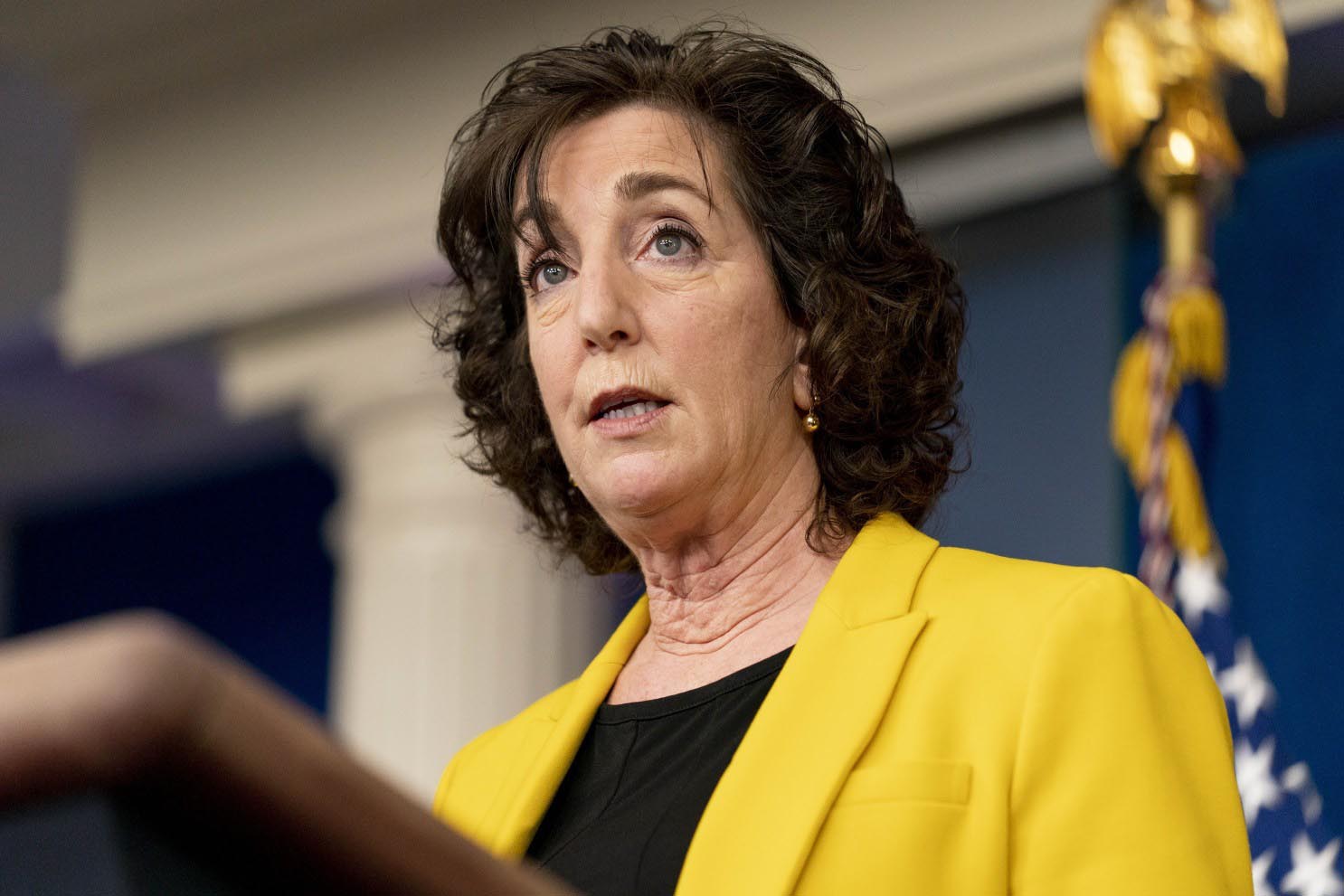
WASHINGTON, (Reuters) – The United States is considering a conditional money transfer program to help address the economic woes that lead migrants from some Central American countries to walk north, as well as send COVID-19 vaccines to in those countries, a senior White House official told Reuters yesterday.
The potential program would be targeted at people in the Northern Triangle region of Guatemala, Honduras and El Salvador, Roberta Jacobson, the White House’s southern border coordinator, told Reuters in an interview, without saying exactly who would receive funding ready.
About 168,000 people were picked up by US Border Patrol agents on the US and Mexico border in March, the highest monthly count since March 2001 and part of the number arriving steadily in recent months.
“We are looking at all the productive options to address the economic reasons why people might be migrating, as well as the defense and security reasons,” said Jacobson.
He did not give a detailed explanation of how a money transfer program would work.
“The one thing I can promise you is that the US government will not hand out money or checks to people,” said Jacobson.
Jacobson said no decision has been made on whether to prioritize sending vaccines to the Northern Triangle countries, but said President Joe Biden’s administration would consider how vaccines could help the countries’ sick economies. He said the vaccine issue remains separate from immigration-related discussions with the nations.
Jacobson will leave the White House at the end of April, White House national security adviser Jake Sullivan said in a statement yesterday, saying she was committed to the role for the first 100 days of the new administration.
Biden tapped in late March of Vice President Kamala Harris to lead U.S. efforts with Mexico and Central America to combat the influx of migrants heading north.
Central American countries have faced some of the longest waits in America to get their first vaccines. Frustrated by the time it has taken, some regional governments have begun to turn to China and Russia for help, with increasing success.
Biden, who took office on January 20, has called for $ 4 billion in development aid to Central America over four years to tackle the root causes of migration. On Friday, the White House sought $ 861 million from Congress for that effort in Biden’s first annual budget proposal. That would be a sharp increase from the roughly $ 500 million in support this year.
Kevin McCarthy, the top Republican in the U.S. House of Representatives, criticized the idea of money transfer.
“It is insulting to the millions of Americans who are out of work or facing despair in our country,” he said in a statement last night.
A spokesman for the United States International Development Agency (USAID), which administers foreign aid, told Reuters in a statement that it was already using cash transfers in programs “to help people meet their basic needs” in the aftermath of severe hurricanes in Central America in late 2020. USAID is considering expanding efforts going forward, the spokesman said.
The United States has in the past used the USAID Office of Transition Initiatives to fund work programs for cash in post-conflict nations like Colombia. Such programs may include labor-intensive rural road construction projects.
Options for cash transfers would be to channel funds to individuals through international or local NGOs that would vet them, a person familiar with the matter told Reuters. Mexico has offered similar money transfer programs as an option during recent meetings with U.S. ambassadors in Mexico City, a senior official from Mexico said. The Mexican government has piloted such projects on a limited scale in Central America, modeled on cash grants it gives to the unemployed and small farmers, a key pillar of the President’s domestic welfare programs Andres Manuel Lopez Obrador.